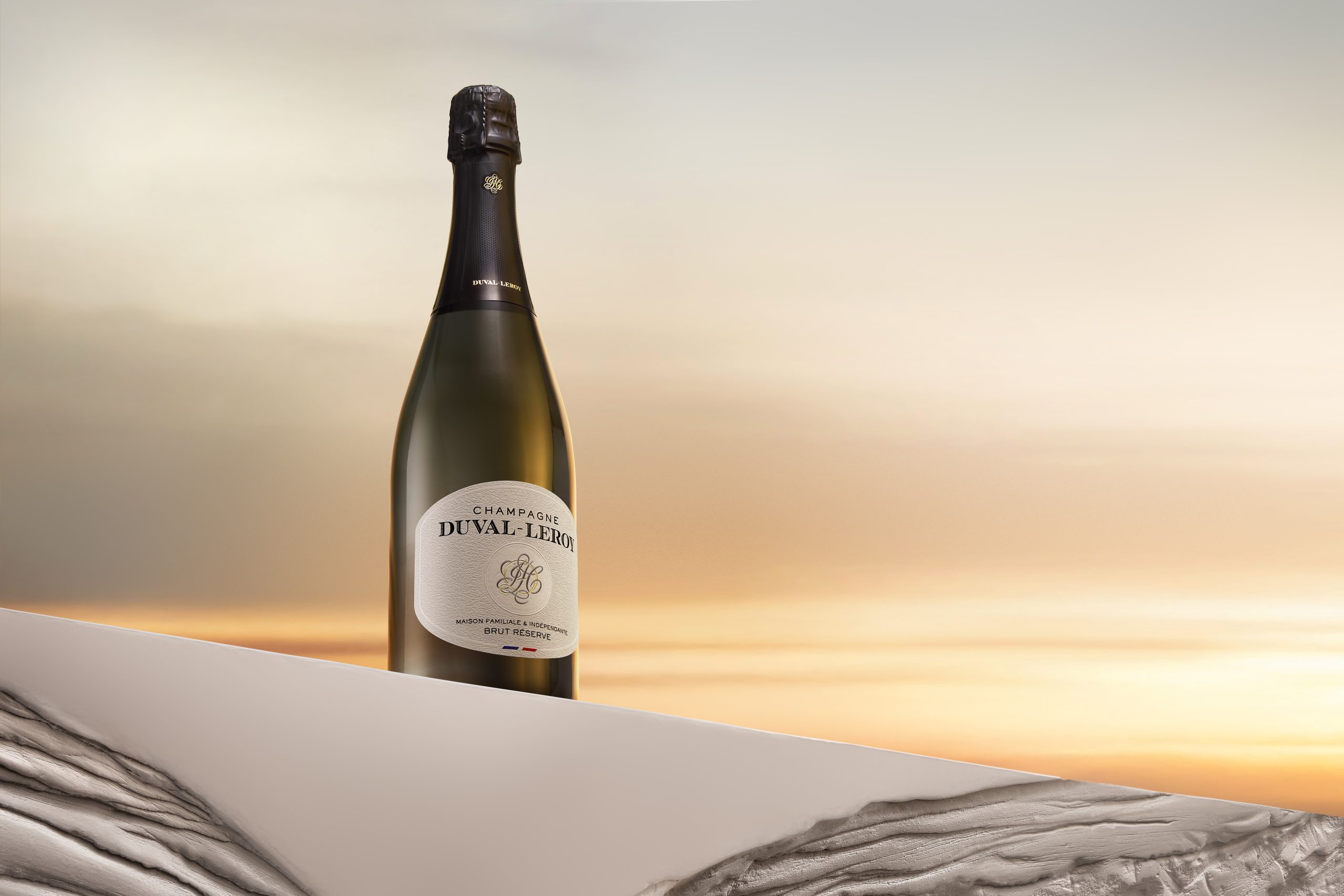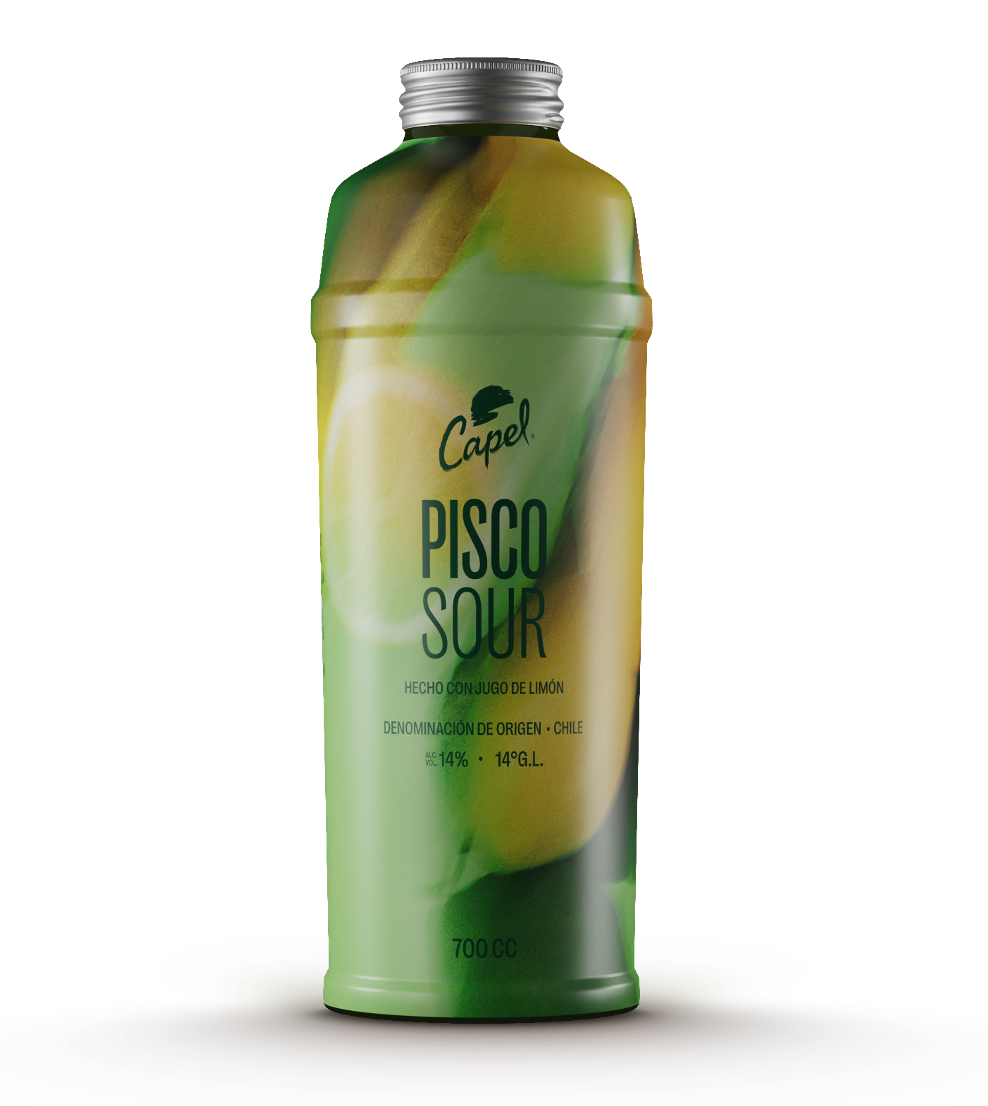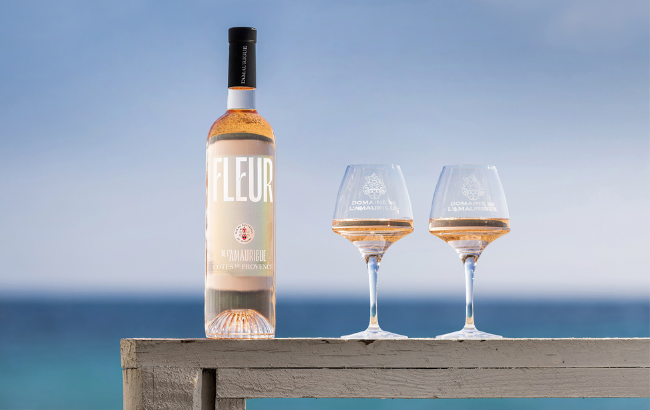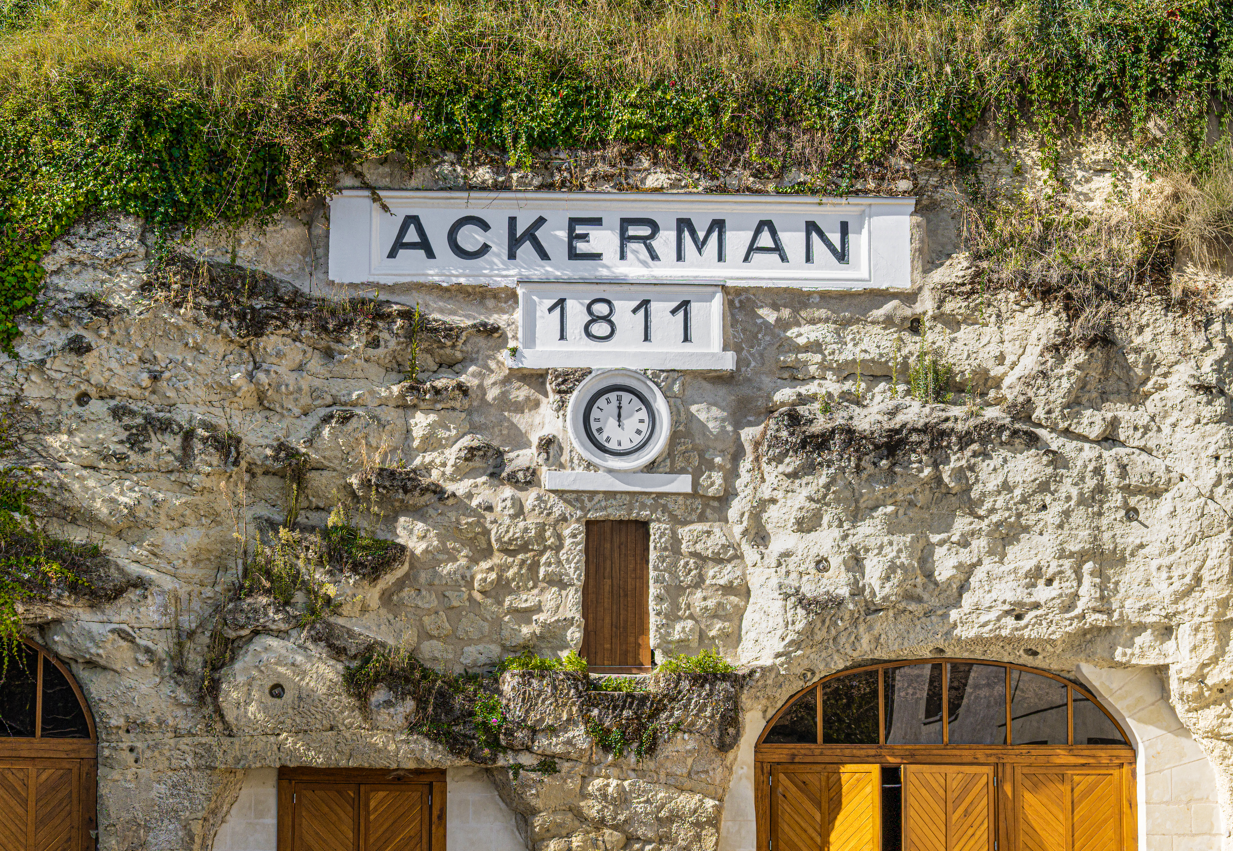The big interview: John Malkovich
Actor, director, fashion designer and now winemaker John Malkovich meets Lucy Shaw to discuss his love of Pinot Noir and why he decided to start his own Provence wine brand.
John Malkovich has an unusual way of smelling wine. During our interview in the plush London apartment he’s living in while padding up each night to play a Harvey Weinstein-inspired disgraced movie mogul in David Mamet’s Bitter Wheat at the Garrick, he grabs a bottle of his rosé, cocks his head to one side, sticks a nostril into the top and inhales deeply. He doesn’t drink a drop because he’s about to go on stage. Won’t it help loosen the nerves? I suggest. “I need to tighten my nerves if anything. I don’t really have them. The play goes at such a ferocious pace I can’t really afford to drink beforehand,” he says in his deep, distinctive, slightly sinister midwestern drawl. Malkovich is not a man in a hurry. Stillness surrounds him. There is something otherworldly about him. An unknowability.
Each question is met with a considered, sometimes excruciatingly long pause before he speaks, his gaze drifting dreamily into the distance. He looks otherworldly too, with his alabaster skin, enquiring eyes and skull the shape of an upturned egg. The 65-year-old was lured into a lifelong passion for wine by two Brits – author David Ambrose and actor Julian Sands, who Malkovich met on the set of The Killing Fields in 1984 and has been close friends with ever since. “I didn’t drink until my late 30s, by and large. Then I made such a noble effort of it that I’ve made up for it over the past 30 years.” Malkovich describes Ambrose and Sands as “astonishing, prodigious drinkers”, whose enthusiasm for wine rubbed off on him to such an extent that he decided to turn the land surrounding his Provence property into a vineyard.
Fluent in French, in 1993 Malkovich and his partner, film director Nicoletta Peyran, who he met in North Africa while filming Bernardo Bertolucci’s 1990 film The Sheltering Sky, bought a farmhouse in Vaucluse and the land surrounding it. Located in the mountain village of Lacoste, where the Marquis de Sade once lived, in 2008 Malkovich planted his first vines on the property in deep clay soils on the site of an ancient lake.
“It was Nicole’s idea originally – I guess she thought I needed another project,” he quips. At the time, the land was being used to grow carrots and wheat, though there were a few rows of vines when the pair bought the property. Rather than making wine with the grapes they inherited, they sold them to the local co-op before embarking on their own planting project.
Going against the grain, rather than opting for the tried-and-tested trio of Syrah, Grenache and Mourvèdre, Malkovich chose to plant Cabernet Sauvignon and Pinot Noir, having been inspired by a newspaper article that claimed Pinot’s roots in Vaucluse date back to the reign of Louis XIV. “Back then it was a very different time and climate but that stuck with me,” he says.
The notion of planting this most delicate and difficult of grapes in sun-scorched Provence will sound like madness to many, but Malkovich is a man who has always ploughed his own furrow, and doesn’t seem to give a fig about what other people think of him. He delights in being contrary.
“There’s a lot of Syrah, Grenache and Mourvèdre planted near where we are because they are heat-resistant varieties, but they’re not my thing at all. It’s just not what I like.” Provence Pinot had also piqued Malkovich’s curiosity after his publisher friend, the late Jean-Claude Lattès, who ran a division of Hachette, brought round a bottle of his own Pinot Noir to try, made over the hill in neighbouring Coucouron. “It was like an Oregon Pinot – it wasn’t refined out of existence. He advised me not to go into the wine business, but his Pinot was so good I thought, well why not?”
The decision to plant Cabernet came from a long-held love of California Cabs, which he naturally gravitated towards after being introduced to wine by Ambrose and Sands. Three years after planting their first vines, Malkovich and Peyran bottled their inaugural vintage in 2011. Having not registered the property as a business, they found themselves with 16,000 bottles of wine that they weren’t able to sell, so family and friends got to reap the rewards.
Encouraging words from Sands on his debut vintage prompted Malkovich to take the project more seriously and turn the venture into a business. “You think, okay, we’ll have 16,000 bottles of vinegar in eight years and kind of leave it at that. You never really think it will be any good,” says Malkovich, who admits his first Cabernet was a bit of a bruiser. “It was fairly ‘boom boom’. It got your attention quickly, for sure.”
He stands by his decision to plant Pinot in Provence, explaining that their village has its own cooler microclimate than the rest of the region. “The area where we live is called ‘Little Siberia’. It’s incredibly dry and has zero humidity. We don’t have air conditioning in the summer because we don’t need it – it’s cool at night. When we first planted the Pinot and Cabernet on the property they shot out of the ground like they’d been exposed to a nuclear flash. They love it there.”
Spotting a dynamite marketing opportunity, Malkovich’s first winemaker suggested they blend the Pinot and Cabernet together and call the wine Dangerous Liaison after the 1988 Stephen Frears film that helped propel Malkovich to international fame. “I said, why don’t we not do that – that sounds like a perfectly horrific notion. In fact, we did do the blend, but it’s not at all what I thought it would be. I thought the blend would be way too bold, but the Cabernet isn’t over-dominant.”
Malkovich’s Les Quelles de la Coste brand includes two Pinot/Cabernet blends – top drop Les 14 Quelles, which will sell in the UK for £45 a bottle, and ‘second’ wine Les 7 Quelles, made from grapes that don’t make the cut into the grand vin, which will sell for £15. The Pinot seems to shine in the cherry-scented Les 7 Quelles, while the Cabernet stands out more in Les 14 Quelles, which offers attractive notes of mint, cassis and black cherry wrapped around robust tannins that will soften with age.
The 2017 vintage, from which just 800 bottles were made, is a blend of 60% Cabernet and 40% Pinot, aged for nine months in new French oak. “Both my Pinot and Cabernet are sort of oddly in the American style rather than the European style – a bit bigger, juicier and more fruit-forward.
I would always prefer a Pinot from the Russian River Valley in California or the Willamette Valley in Oregon to Burgundy,” says Malkovich, who developed an interest in Oregon Pinot when his now grown-up children, Amandine and Loewy, went to school in Portland.
Given his Provence postcode, the most traditional wine in his five-strong range, which falls under the IGP Vaucluse denomination, is a salmon pink rosé made from a portion of Cabernet grapes that are picked 10 days earlier than those destined for the reds. With its subtle notes of strawberry, melon and white peach, the refreshing drop is perfectly suited to sunny afternoons on the Côte d’Azur. While Pinot Noir may have been the more obvious choice for a rosé, Malkovich likes what the Cabernet brings to his pink, but isn’t ruling out the idea of making a Pinot rosé one day.
Partner Content
Interview continues on the next page…
His single varietal Cabernet, meanwhile, is bursting with cooling notes of mint and eucalyptus, similar to the Cabs grown in the rocky red soils of Coonawarra in South Australia. Indulging his artistic side, Malkovich designed the long, thin ‘LQLC’ logo that appears on his wine bottles. No stranger to design, he has run his eponymous menswear label since 2002, and refers to himself as a “fabric whore”. At our interview he’s sporting one of his own shirts – a collarless blue and white number with a floral motif, which, along with his pristine white jeans, makes him look like he’s just emerged from a meditation session in an ashram.
“I did my first fashion collection in Japan, which I loved because they don’t clown around there. I’m not a perfectionist but I’m someone who wants what he wants.” When it comes to drawing parallels between making wine and making movies, Malkovich says the devil is in the detail. “In my life experience, everything comes down to the details – there is nothing else. Whether it’s fashion, theatre, movies, or wine, it’s all in the details.”
Ready to share his wines with the world, having sold them in the US since 2015, last year Malkovich brought in Swiss-born, Ireland-based Ralf Hogger, who previously worked for Sting’s Tuscan winery Tenuta il Palagio, to look after global exports.
The move paid off as Hogger recently struck a deal with fine wine merchant Jeroboams to bring the range to the UK, and expects the brand to be on sale in 10 countries by the end of the year, including Italy, Sweden and Canada. Keen to produce the best expressions possible from his terroir, Malkovich has appointed Jean Natoli, known as “the Michel Rolland of Southern France”, as consultant winemaker for Les Quelles de la Coste.
Rather than taking on a flying winemaker role, Natoli visits the estate at least once a month. At the moment, the range is made at the Cave du Luberon in Coustellet, but Malkovich is toying with the idea of building a winery at the estate.
He has also sought the expertise of soil specialist Pedro Parra for advice about which varieties to plant on the remainder of his land. He has 4ha of vines straddling two communes – La Coste and Bonnieux – including half a hectare of Carmenère, which he got into while working in Chile.
“The colour is out of this world. I’m not convinced about what it will taste like as a single varietal wine, but it could work well as a blending component, and it could be interesting to make a Carmenère rosé,” says Malkovich, who is considering planting Merlot, Cabernet Franc and Sangiovese at the estate.
“We have space on our property to plant more vines, which we’d like to do. We could double in size if we wanted to,” he says. While he isn’t responsible for the winemaking, like Sam Neill at Two Paddocks in Central Otago, Malkovich and Peyran are hands-on with the project, and are involved in every aspect of the winemaking process, from planting and picking to blending and bottling.
Outside of wine, Malkovich has no plans to retire from acting. With over 100 film credits to his name, he has carved a niche for playing sadistic psychopaths, such as ‘Cyrus the Virus’ in Con Air and Mitch Leary in Clint Eastwood’s In the Line of Fire. Broad in his range, he is equally at ease playing lusty lothario the Vicomte de Valmont in Dangerous Liaisons, or lumbering Lennie in Of Mice and Men.
Despite his considerable acting achievements, including two Oscar nominations, Malkovich sees himself as lazy. “My mother referred to me as a plodder and I think that’s super fair. Pride is not something I feel. I don’t like or dislike anything about myself. I’m like Popeye – I am what I am.”
While better known for his films, the theatre is where Malkovich feels most at home and alive, as no two performances are identical. “Movies are like a sketch, while theatre is like a painting – it involves more craft. It has more depth and texture and changes every night because it’s a living, breathing thing,” says the actor, who first trod the boards in the early 1980s with the Steppenwolf Theatre Company in Chicago and New York. As for accepting the hugely controversial role of predatory movie mogul Barney Fein in David Mamet’s Harvey Weinstein-inspired Bitter Wheat, Malkovich was well aware of the uproar the play would cause.
“People react based on their life experience and I applaud that. I’m drawn to the childishness of a lot of the characters I’ve played, which can be funny if you don’t have to be around them for more than two hours,” says Malkovich, who is pleased that the play is helping to shine a light on the abuse of power in Hollywood, “which is and always has been unacceptable”. While he doesn’t believe in God, he does believe in redemption and the chance for a second act. “It would be pretty depressing to live in a world without redemption – we’d have to live like saints all the time and that’s not possible because we’re not saints, we’re animals.”




